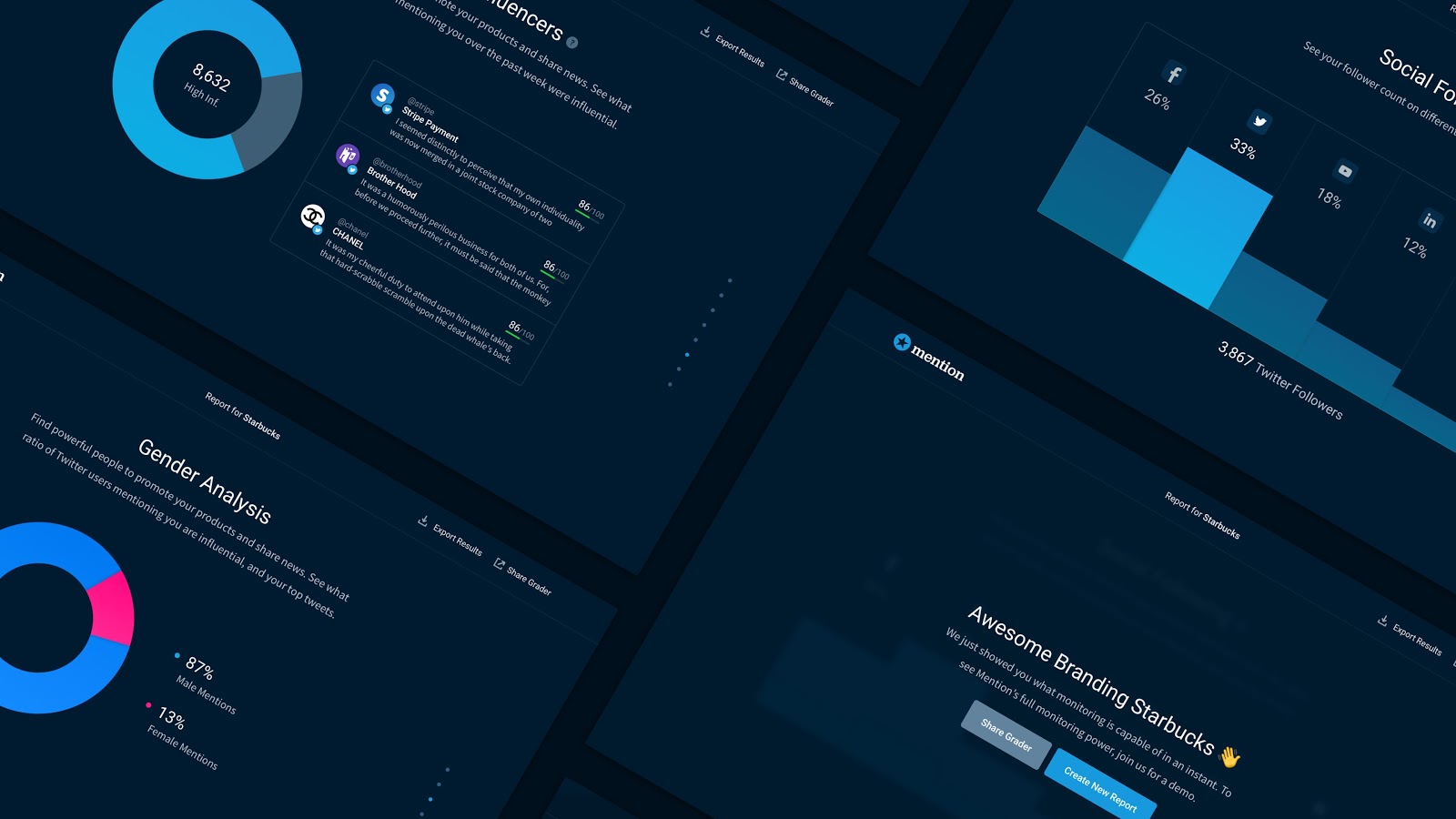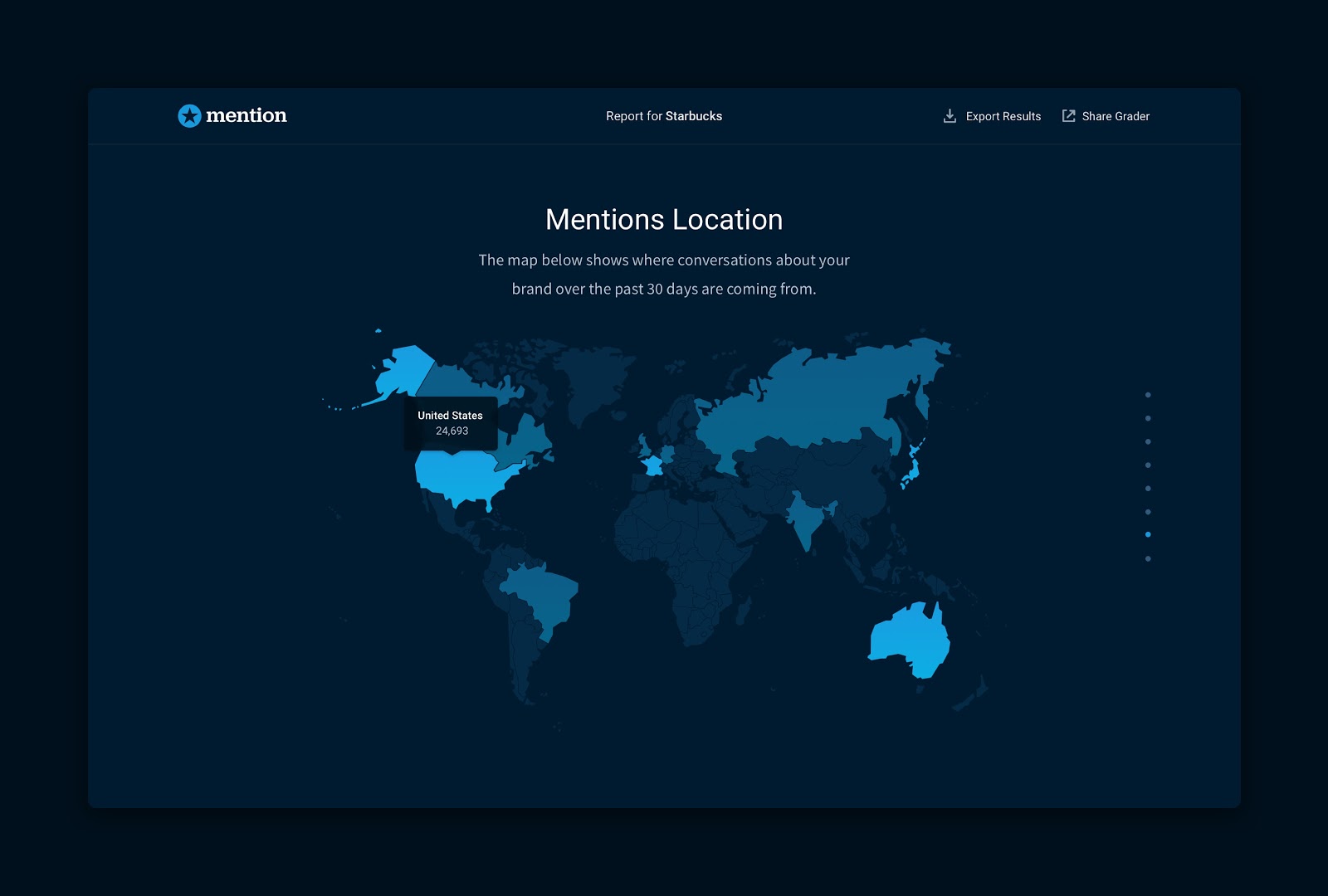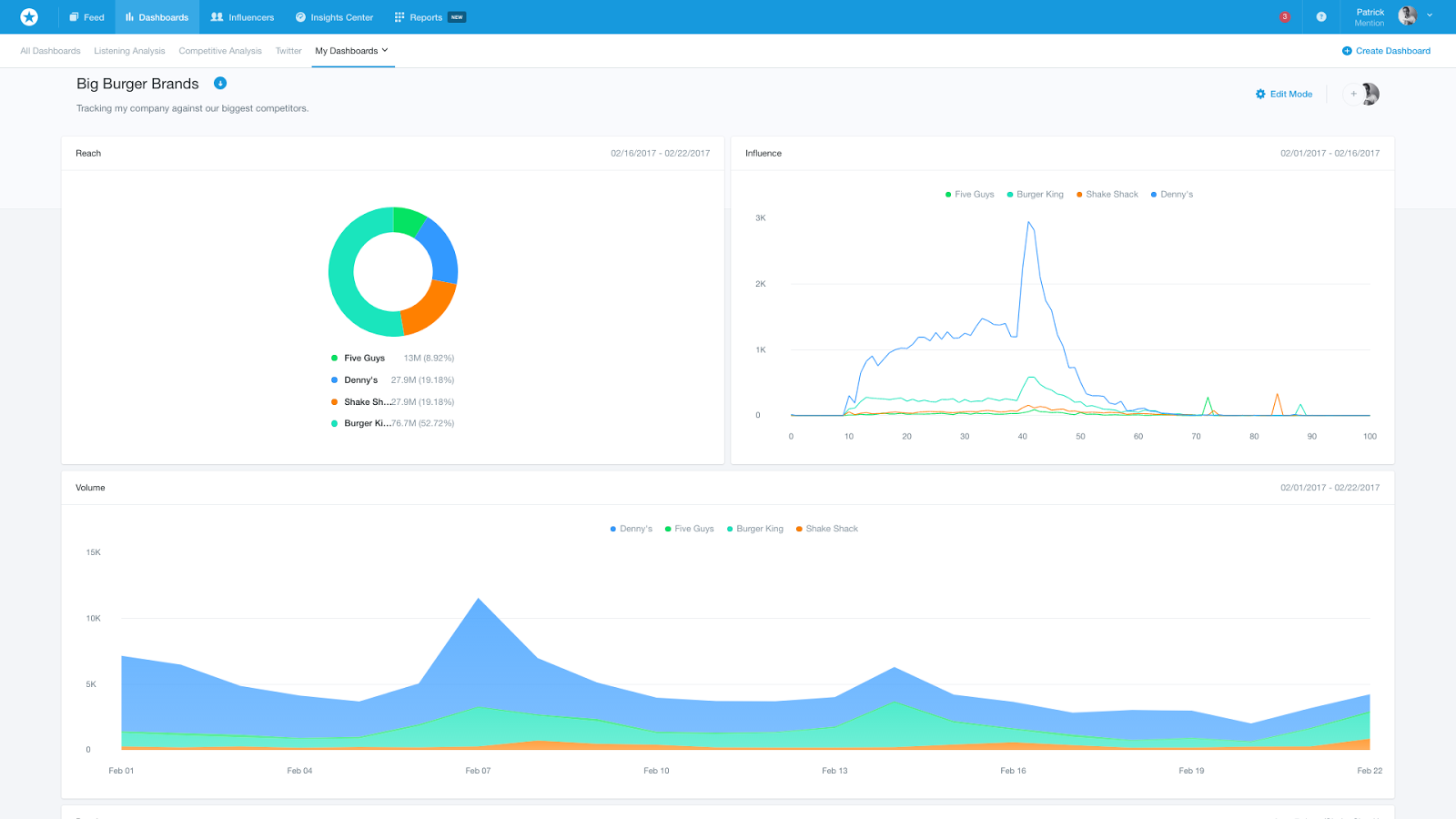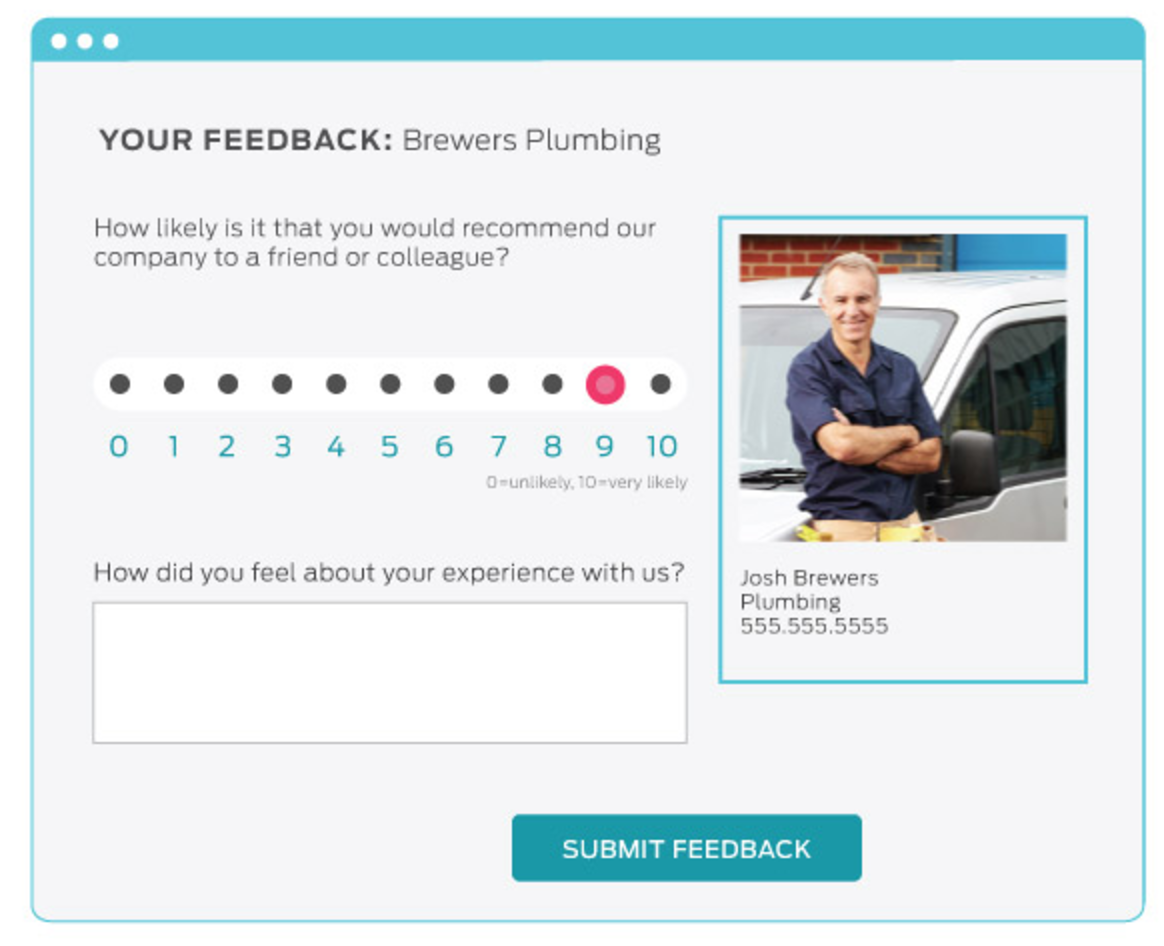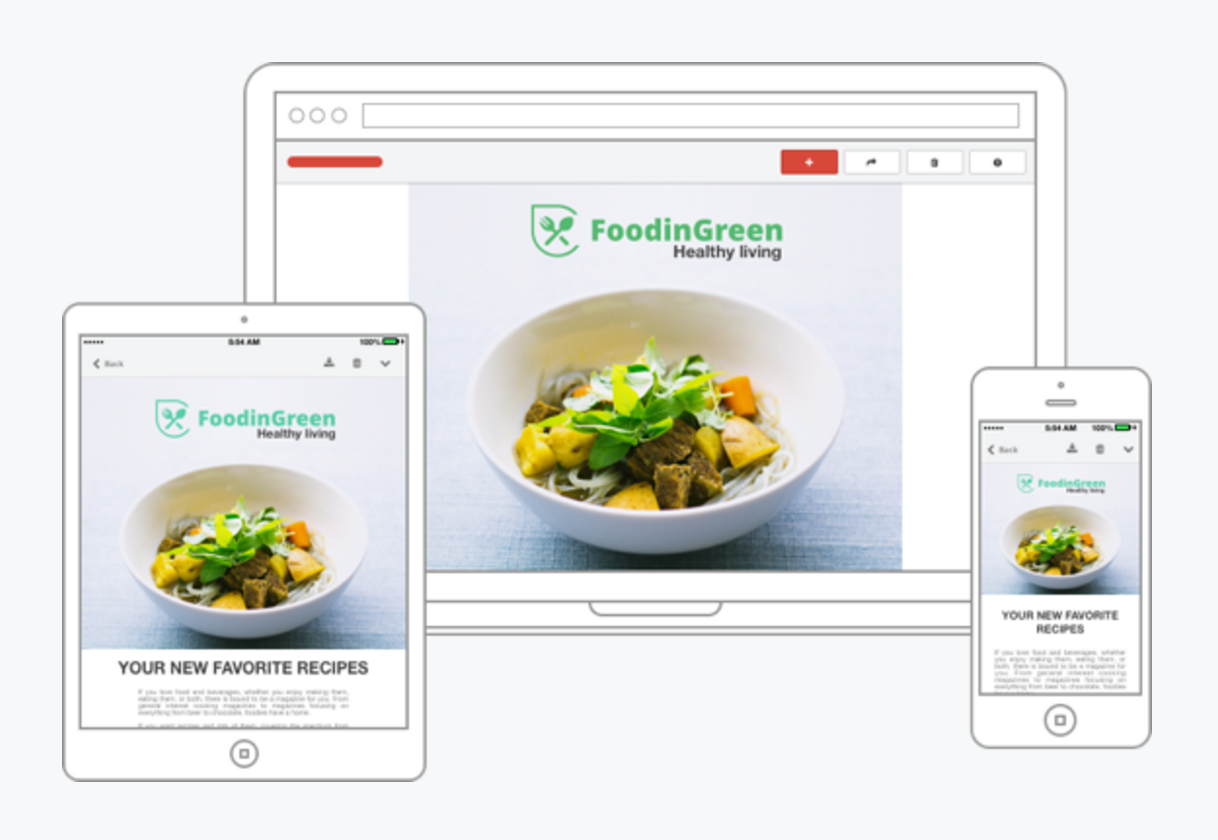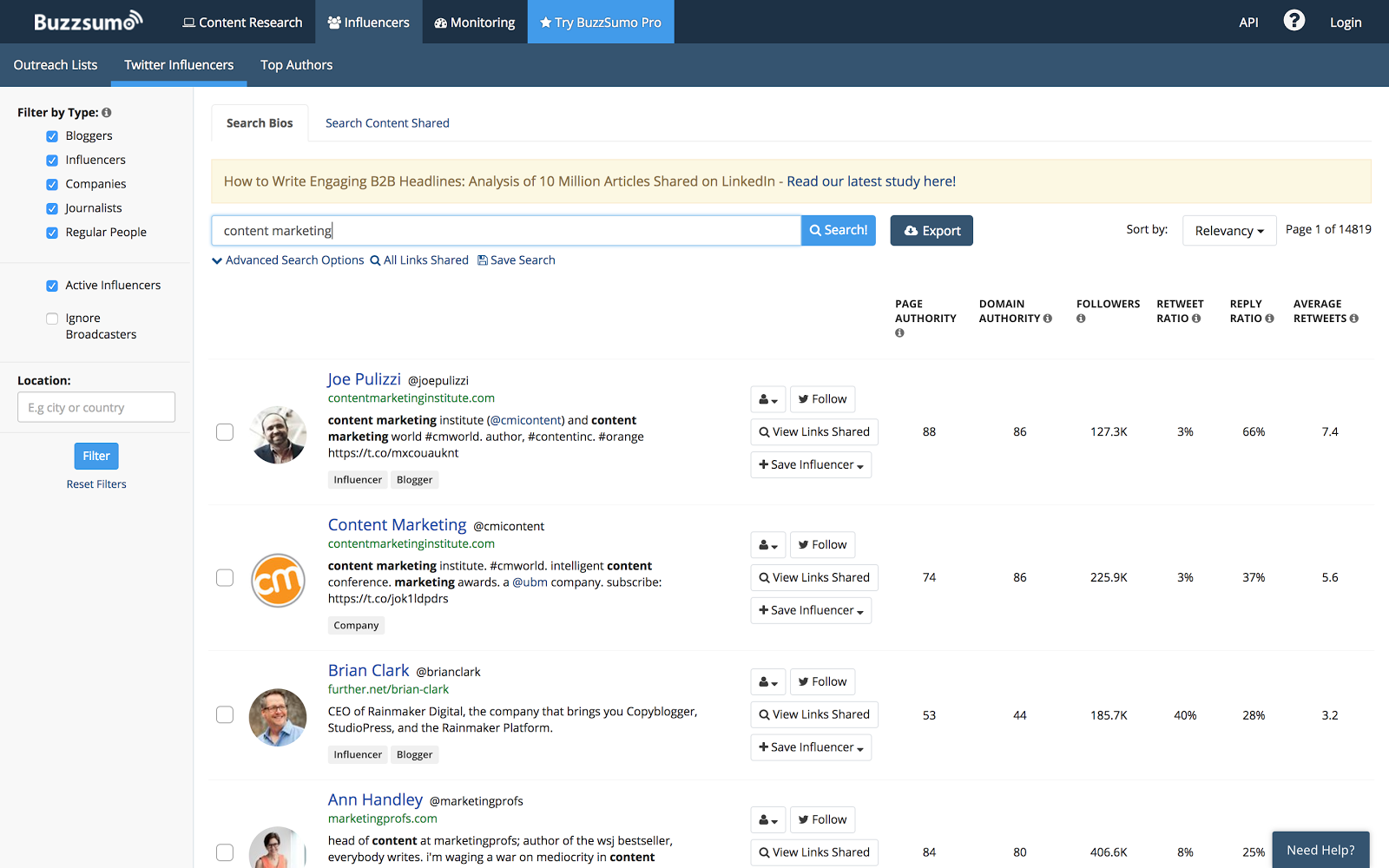Your brand’s reputation affects the business directly. People won’t buy your products if they don’t feel they can trust you. Or worse, if they feel that others don’t trust you.
Let’s not let that happen.
There are practical steps you can take to improve your reputation online. Even better, there are tools that’ll help get you there faster. We’ll go through each of these in detail in a moment.
But first…
What is online reputation management?
We previously wrote a 5-step action plan to improve your online reputation. In truth, those five steps actually fall under two broad themes:
- Understand what people think and say about you
- Actively improve your online reputation
So that’s how this post has been divided. The first four tools let you know what your reputation looks like right now. That’s essential – if you don’t know what’s working and what’s not, it’s awfully hard to improve anything.
The next four let you actually reach out and impact people, to start building a more robust brand reputation online.
So let’s dig in!
Understand what people think about you
1. The Brand Grader
Everybody loves a free tool! The Brand Grader gives you a quick overview of a brand’s online presence in seconds. Simply choose the company or product you’re interested in, and you’ll see:
- Their biggest web influencers: major blogs and news sites talking about them online.
- Their top sources: see whether most of their mentions come from forums, images, or news sites.
- Brand sentiment: whether people speak about them positively or negatively.
- Location of mentions: where in the world people talk them:
And those are just a few of the very interesting and often enlightening data points provided.
It’s not designed to be comprehensive – that’s what the other tools on this list are for. Instead, the aim is to quickly understand some of the things a brand does best, and what’s not working so well.
For a free tool that takes a few seconds to use, the results are powerful!
2. Reputology
As the name suggests, Reputology is just what many brands need to protect their reputation. This tool specializes in review tracking – to let you easily find and monitor brand reviews all over the web.
If Yelp, TripAdvisor, and Facebook reviews have a major impact on your business, this is the tool for you. And let’s face it, reviews play an increasing role in sales for most businesses these days. More and more people turn to reviews before making a decision.
One benefit of Reputology over the other tools on this list is that it’s location-specific. For brick-and-mortar stores, this is important.
Imagine you own five fruit and vegetable stores – we’ll name them “Melonor Rigby.” (This name is available for anyone who wants it). With Reputology, you can keep track of each store location individually to compare their reviews. If the Main Street store often gets 5-star ratings, but the High Street store only receives 3 stars, you’ll want to look closely at the reviews to find out why there’s such a gap.
Reputology delivers all these reviews in one place, and even lets you respond to them from within the platform. Couldn’t be simpler!
3. SimilarWeb
Many of us already know SimilarWeb as a website ranking site. I use it almost daily to see how much traffic a particular site or blog receives. Even as a free tool, it gives a very good idea of how your website – the face for your brand – performs online.
However, SimilarWeb is also a business monitoring tool that provides much more information about your website. Its main benefit is that it allows you to compare your site with competitors on metrics like time on site, bounce rate, and page views per visit. This helps you see how you measure up against others in your field and make enhancements to your site.
SimilarWeb also offers a range of digital insights – market research about your industry. This includes brand visibility reports to show you how well-known and well-respected your brand is within your field.
All of this is to help you maintain the best website you can, relative to your competitors. When the industry is crowded and there’s not much breathing room to go around, small upgrades go a long way.
4. Mention
If you’ve used Google Alerts, you’ll know how nice is it to receive a daily update of your mentions online. Now, imagine these are alerts are in real time, when you need them, and including social media, forums, blogs, news sites, reviews, and even television.
At its heart, that’s what Mention is – a more robust, comprehensive Google Alerts. But the tool also includes some very interesting and powerful analytics. For instance, you’re able to compare your brand with competitors for factors like share of voice, sentiment, reach, and influence:
So you not only know what people say about you, and when, but you can also identify trends and start making smarter marketing choices. When it comes time to reach out and build a stronger reputation, these kinds of insights are invaluable.
As we’ve discussed, the first step to a stronger reputation is knowing how people feel about your brand. And if this is your goal, it’s hard to go past Mention.
A few bonus tools
- The Website Grader from HubSpot lets you quickly evaluate your website to make sure you put your best face forward.
- The Mozbar is a Chrome extension that lets you assess website authority and traffic, like SimilarWeb.
- Go Fish Digital made a fun complaint search tool that shows you negative reviews for any brand online.
2. Actively improve your reputation
5. Get Five Stars
In order to receive 5-star reviews, you need to get reviews in the first place. And reviews don’t always happen just by chance. Get Five Stars provides a few solutions to help you encourage responses from your audience.
The first is called Net Promoter Score (NPS). Next time you visit a new website or download an app, keep an eye out for small survey like this:
These responses are averaged, and this makes up your NPS. By asking for responses, you actively improve your brand reputation and become more appealing to future buyers.
But Get Five Stars goes even further. When a user completes this short survey, they’re given the option to share their happy on the major review sites. This tiny survey becomes a 5-star review on Google or another high-value site.
That’s hands-on reputation management right there!
6. Buffer
This will come as no surprise, but social media and brand reputation go hand in hand. Aside from your website, your social profiles are likely the most visible access points for your business. For this reason, you need to communicate clearly and often on social.
Buffer lets you schedule and send posts to all of your social media platforms from one place. If you don’t have the time or budget to manage social full-time, this is the next best thing.
How does this improve your reputation? For one, the more quality, engaging content you share with your audience, the better. But it also lets you speak to your followers at inopportune times. For instance, on July 4th (or your nation’s equivalent) when the whole staff is off, you can still post a few holiday-themed messages to build rapport with your customers.
Happy Birthday America! From #NASA to you, we wish you a safe and happy #IndependenceDay! https://t.co/JSADrlulfW pic.twitter.com/o9cwVbTgdc
— NASA (@NASA) July 4, 2017
A professional, engaging social presence lets you stay front-of-mind for consumers, and builds trust in your brand. And as word spreads and followers join your flock, your reputation improves.
7. SendInBlue
How often have you heard this?
I signed up for XYC because it looked cool, but all they did was fill my inbox with spam!
Not a good look. Email marketing is key to a strong brand. Whether it’s for customer onboarding or plain old marketing, a well-crafted email campaign leads to happier customers, better reviews, and a healthier reputation.
SendInBlue lets you make email campaigns without a lot of technical knowledge. Start with one of their templates, then drag-and-drop your way to a clean and effective outreach program.
Your emails help maintain your reputation on a daily basis, but also come in handy when a crisis breaks out. Suppose something goes wrong – a product recall or poor choice of words from the CEO. You need to issue a statement, and monitor responses to ensure that this has been handled correctly.
SendInBlue lets you create a unique campaign for just this purpose, then track the results.
The tool is also perfect for agencies, as it can be white-labeled and onsold to clients. The agency can build and present a beautiful campaign to a client, teach them how to do it the next time, and sell the tool on to the client for a little icing on the cake.
8. Buzzsumo
On the one hand, Buzzsumo could’ve belonged in the first half of this post. It shows you what content is trending across social media, blogs, and news. Use this to compare your own content with competitors, and try to understand why their work might be more popular online.
But it’s also a powerful communication tool. For starters, knowing what works well online helps you produce better content. But Buzzsumo is perhaps best used to identify influencers, and these can have a spectacular effect on your brand.
Influencers are the cool kids at school. Hanging with them makes you look cool by extension. So building a solid influencer marketing strategy is a wonderful way to improve your reputation.
Think about it: if you want to become better-known and respected, having Bill Gates vouch for your brand is like stepping on the fast track. And because it’s probably not going to be Bill Gates, Buzzsumo lets you find influencers in your industry that you actually may be able to approach.
It’s simple. Just search for a topic of interest, and Buzzsumo shows you the top influencers in that niche:
It includes their social media profile and website, so you can reach out with ease.
A few bonus tools
- SmarterQueue lets you recycle evergreen social media content at specified times, so you don’t even have to fill your queue.
- Mailjet is a fast-growing and sturdy email automation tool.
- Hunter is a free tool that lets you find email addresses on sites like LinkedIn and blogs. Since email is the best way to reach out to influencers, this is highly valuable.
Take charge of your reputation today
Your online reputation doesn’t need to be left up to chance. With close monitoring to start, followed by well-planned communication, your brand will be seen in a better light, by more people.
To learn how to build and protect your reputation online, watch our exclusive webinar with Reputology’s Jack Yu. He does this for a living!
Let me know what I forgot. What are your favorite online reputation management tools?

